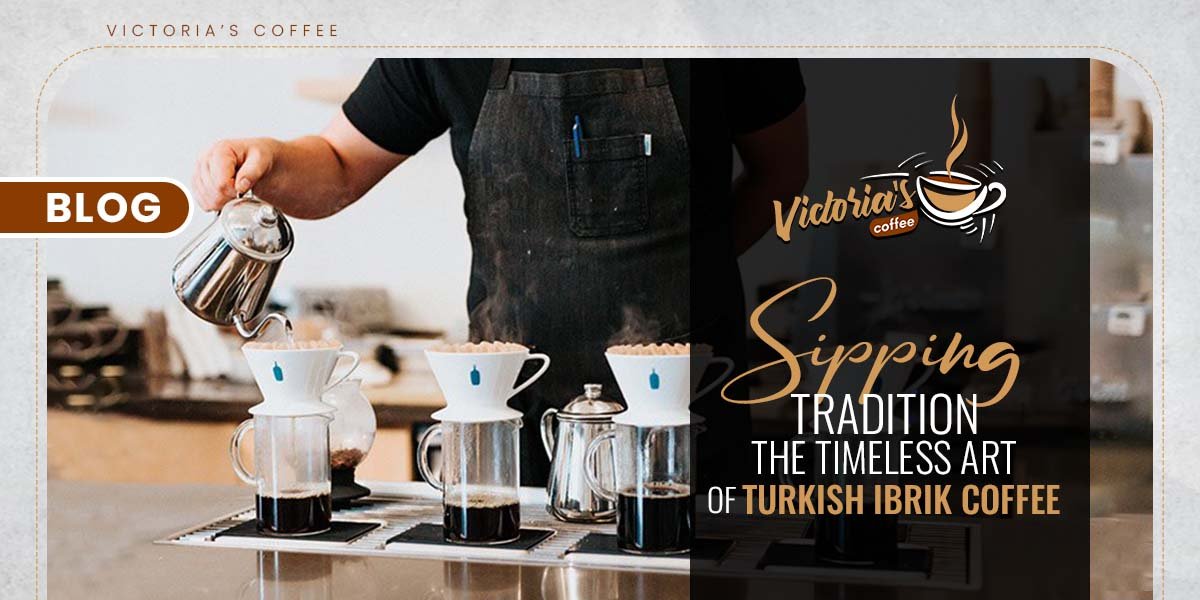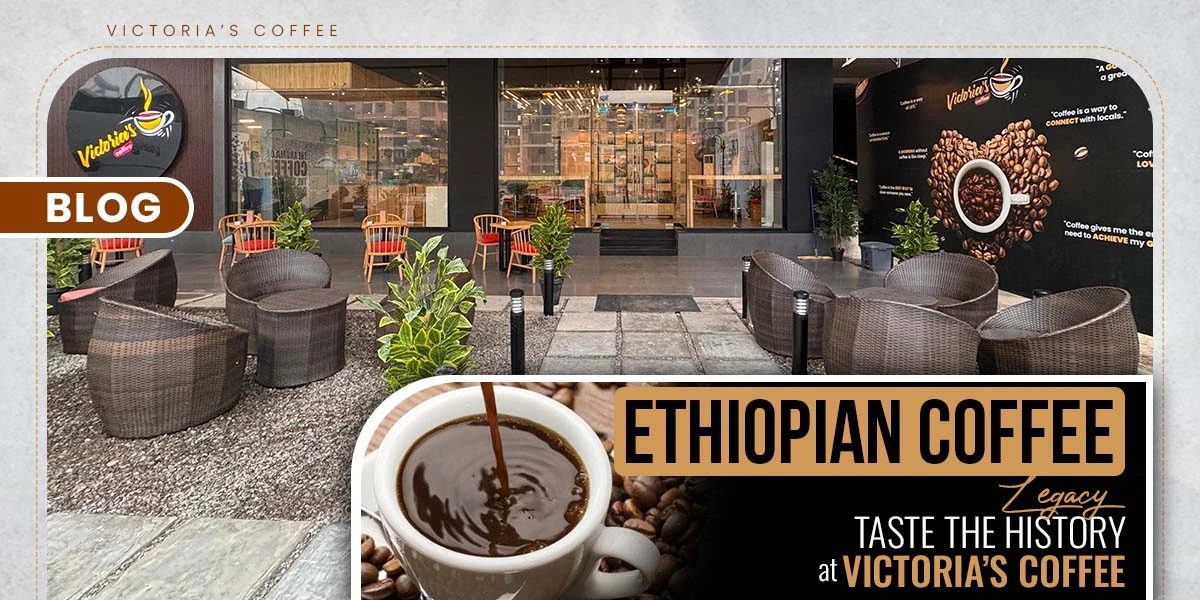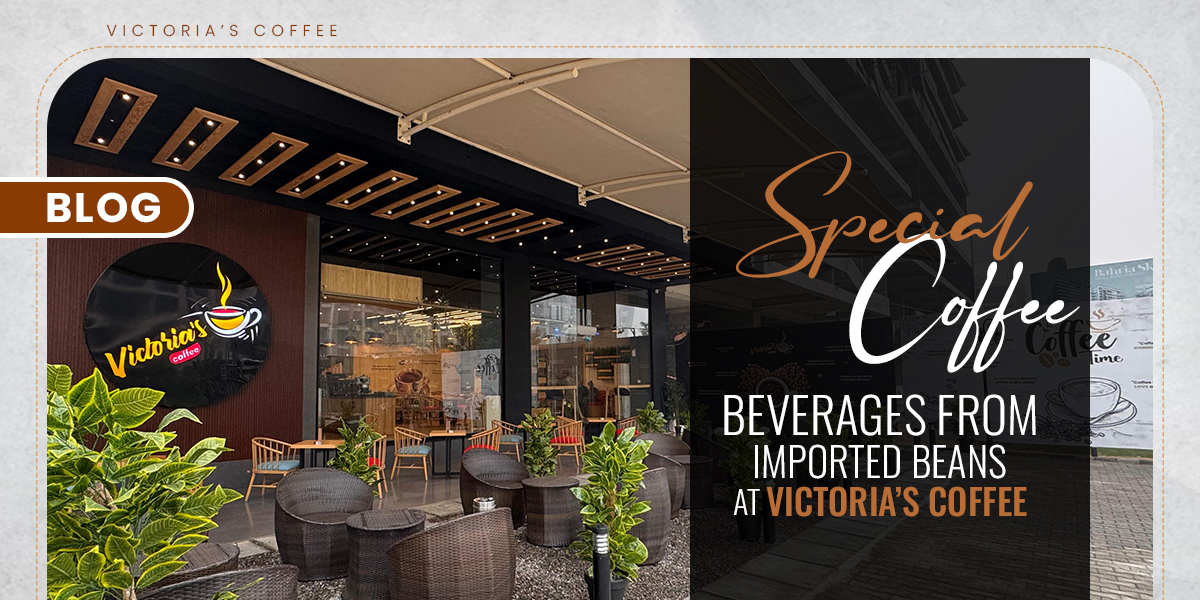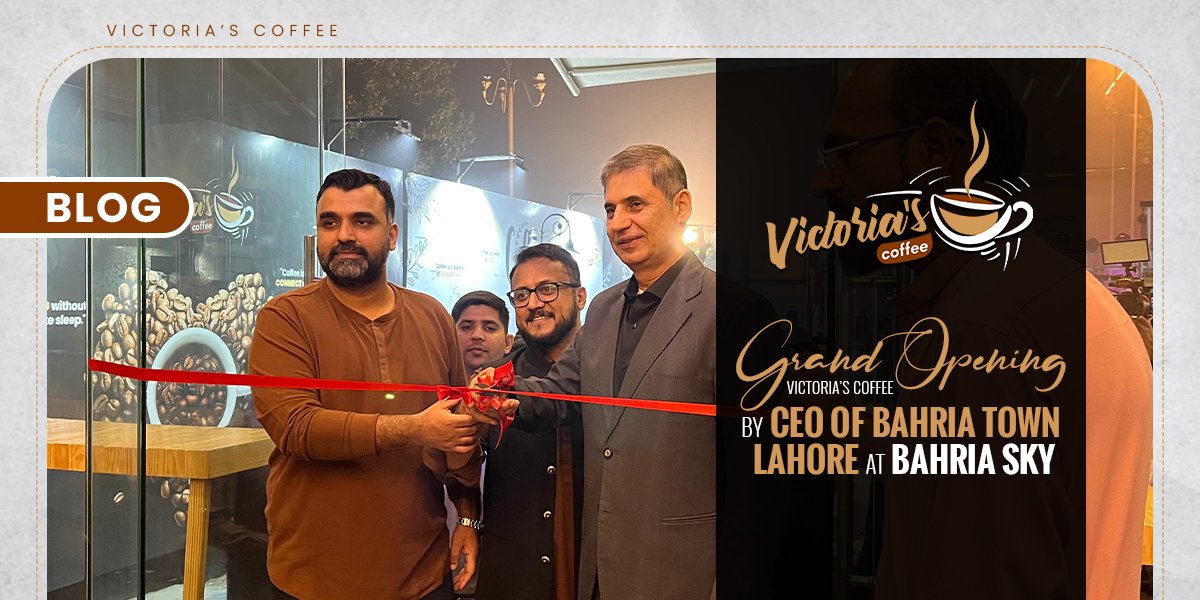
Sipping Tradition: The Timeless Art of Turkish Ibrik Coffee
In the world of coffee culture, few brewing methods are as steeped in tradition and history as Turkish Ibrik coffee.
Dating back centuries, this ancient brewing technique has been passed down through generations, cherished for its rich flavor, strong aroma, and ritualistic preparation process.
Join us as we journey into the heart of Turkish coffee culture and explore the art of brewing the perfect cup with the iconic Turkish Ibrik.
A Taste of Tradition: The Origins of Turkish Ibrik Coffee
The roots of Turkish Ibrik coffee can be traced back to the Ottoman Empire, where coffee first gained popularity in the 16th century.
Legend has it that coffee was introduced to the Ottoman court by a Yemeni trader named Özdemir Pasha, who brought the beans to Istanbul and opened the first coffeehouse in the city.
From there, coffee quickly became an integral part of Turkish culture, with the Ibrik method emerging as the preferred brewing technique.
The Ibrik: A Symbol of Turkish Hospitality
At the heart of Turkish Ibrik coffee brewing is the Ibrik itself – a small, long-handled pot made of copper or brass.
The Ibrik is not just a tool for brewing coffee; it’s a symbol of Turkish hospitality and cultural identity.
Traditionally, each household would have its own cherished Ibrik, passed down through generations and used to brew coffee for guests on special occasions and gatherings.
The Art of Brewing: A Ritualistic Process
Brewing Turkish Ibrik coffee is more than just a practical task – it’s a ritualistic process that requires patience, precision, and skill.
To begin, finely ground coffee beans are combined with cold water and sugar (if desired) in the Ibrik and placed over low heat.
The mixture is slowly heated, allowing the coffee to infuse and the flavors to develop. As the coffee begins to foam and rise, it is removed from the heat and allowed to settle before being served in small, delicate cups.
Rich Flavor, Strong Aroma: The Magic of Turkish Ibrik Coffee
What sets Turkish Ibrik coffee apart is its unique brewing method, which results in a brew that is intensely flavorful and aromatic.
Because the coffee is brewed without a filter, the grounds remain in the cup, contributing to a rich, full-bodied texture and a robust flavor profile.
The slow heating process allows the coffee’s natural oils and compounds to fully extract, resulting in a brew that is bold, complex, and deeply satisfying.
A Celebration of Culture and Connection
In Turkish culture, coffee is more than just a beverage – it’s a symbol of hospitality, friendship, and connection.
Sharing a cup of Turkish Ibrik coffee is a cherished tradition, offering an opportunity to slow down, savor the moment, and enjoy the company of loved ones.
Whether brewed at home or enjoyed in a bustling café, Turkish Ibrik coffee is a celebration of culture and connection, bringing people together in a shared appreciation for the simple pleasure of a good cup of coffee.
Experience the Magic of Turkish Ibrik Coffee at Victoria’s Coffee
At Victoria’s Coffee, we’re proud to celebrate the rich tradition of Turkish Ibrik coffee and share its magic with our customers.
From our carefully selected coffee beans to our meticulous brewing process, every cup of Turkish Ibrik coffee is a testament to our commitment to quality and craftsmanship.
Join us for a taste of tradition and experience the timeless art of Turkish Ibrik coffee for yourself.
In conclusion, Turkish Ibrik coffee is more than just a brewing method – it’s a celebration of history, culture, and connection.
With its rich flavor, strong aroma, and ritualistic preparation process, Turkish Ibrik coffee offers a truly unique and immersive coffee experience that’s sure to leave a lasting impression.
So come, immerse yourself in the magic of Turkish Ibrik coffee at Victoria’s Coffee, and discover the timeless beauty of this beloved brewing tradition.









Janet Hopkins
Maecenas tempus, tellus eget condimentum rhoncus, sem quam semper libero, sit amet adipiscing sem neque sed ipsum. Nam quam nunc, blandit vel, luctus pulvinar, hendrerit id